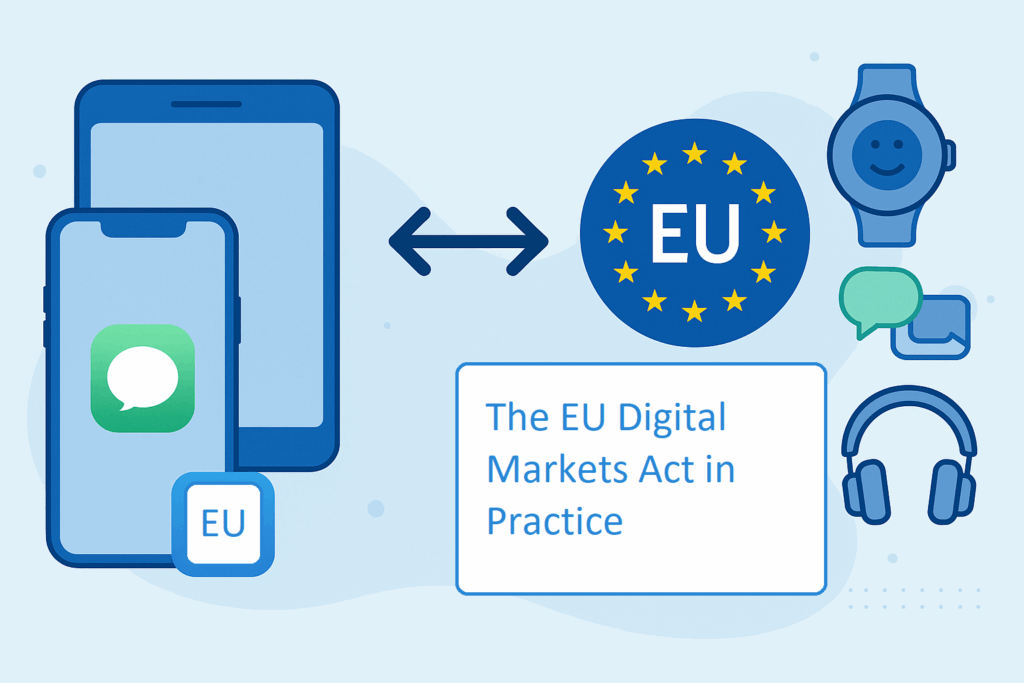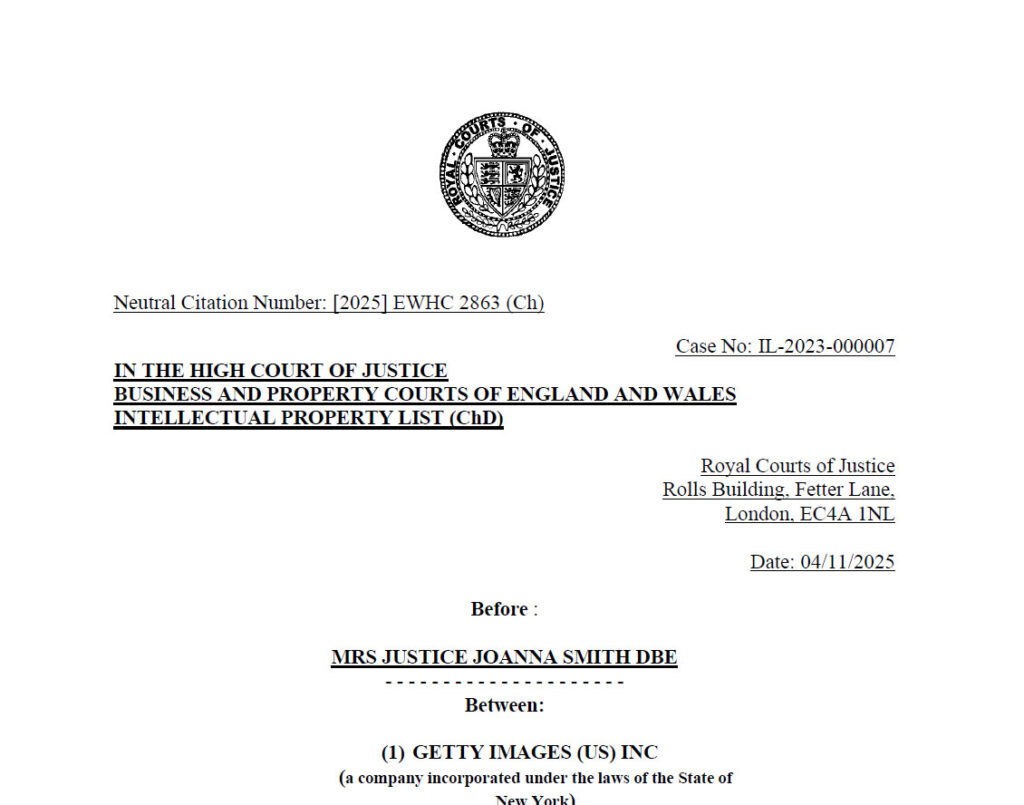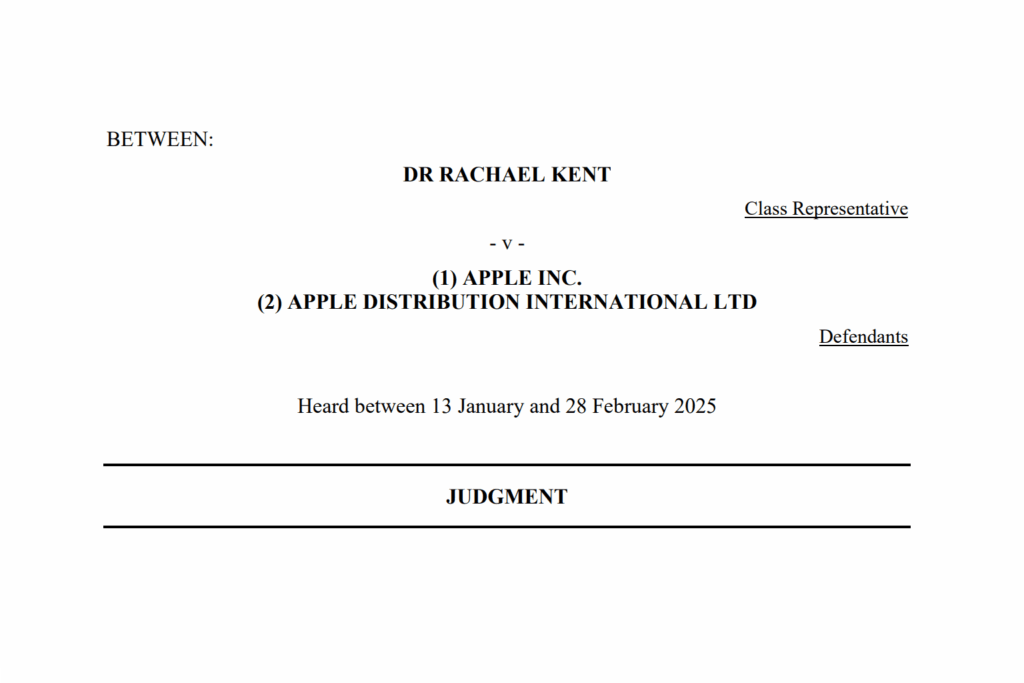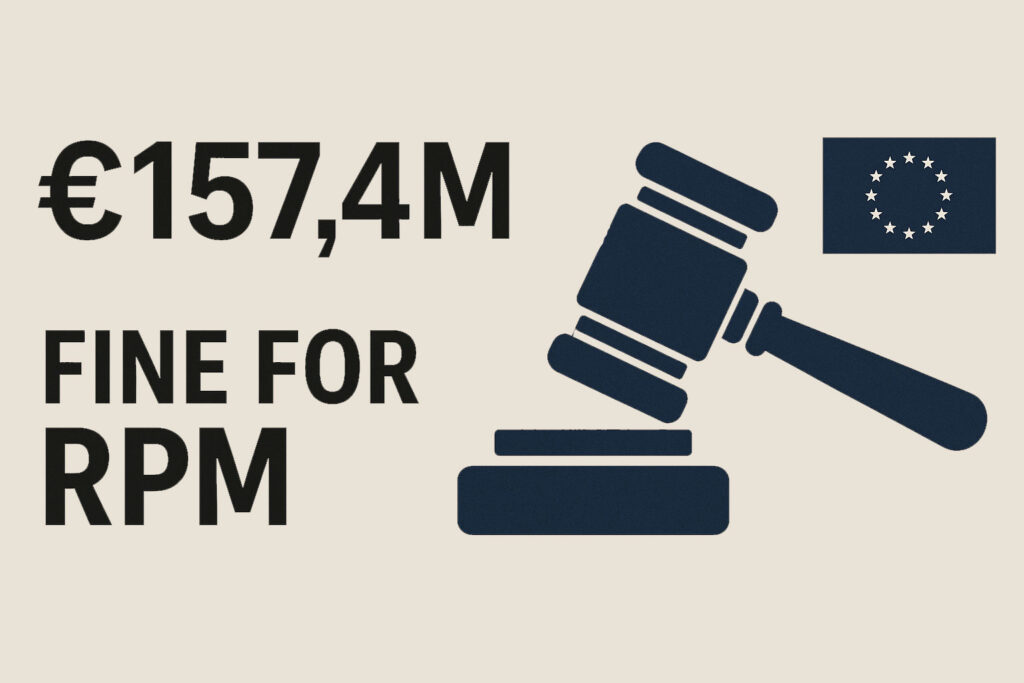In an interesting development under the EU Digital Markets Act (DMA), the Commission has issued two binding decisions compelling Apple to improve interoperability between its iOS ecosystem and third-party hardware and software providers. These decisions mark the first time the Commission has formally specified compliance measures under Article 6(7) of the DMA—and they set a strong precedent for how the EU intends to enforce competition in the digital age.
Previously Apple users devices have been locked into an ecosystem that works best only when used with other Apple products. The Commission now requires Apple to open access to nine key functionalities, including NFC, Bluetooth, Wi-Fi, ultra-wideband, push notifications, and device pairing,to third-party developers and device manufacturers.
This means that:
- Smartwatches and headphones from non-Apple brands will soon connect to iPhones with the same seamlessness as Apple’s own products,
- Users will no longer be penalized for choosing cross-platform apps or hardware,
- Notifications and location tracking from third-party services will function on equal technical footing.
Competition Law Milestone: From Antitrust to Ex-Ante Regulation
These decisions are more than technical corrections—they represent a shift in EU competition enforcement philosophy. Rather than investigating abuse after the fact, as in traditional antitrust law, the DMA takes a proactive, structural approach to limiting the market power of “gatekeepers” before harm occurs.
Apple’s past conduct—reserving full functionality for its own services and delaying access for competitors—would likely have triggered lengthy antitrust proceedings under Articles 102 TFEU. The DMA allows regulators to act faster and more comprehensively by defining presumed imbalances and preemptively correcting them through regulation.
In doing so, the Commission advances a fundamental objective of EU competition law: preserving market openness and consumer choice, especially in fast-moving digital markets where “winner-takes-most” dynamics threaten long-term innovation.
What Happens Next?
Apple has six months to implement the decisions. It must also establish a transparent, accessible process for third parties to request interoperability, including response timelines, clear criteria, and publicly available documentation. Failure to comply could lead to fines of up to 10% of global turnover—a clear incentive to act swiftly.
Conclusion
The EU’s interoperability rulings signal a new era in platform regulation—one where user autonomy, technical neutrality, and market fairness are no longer optional. For consumers, this means better products, more choices, and fewer restrictions. For companies, it means that gatekeeping business models are now under direct legal scrutiny.




